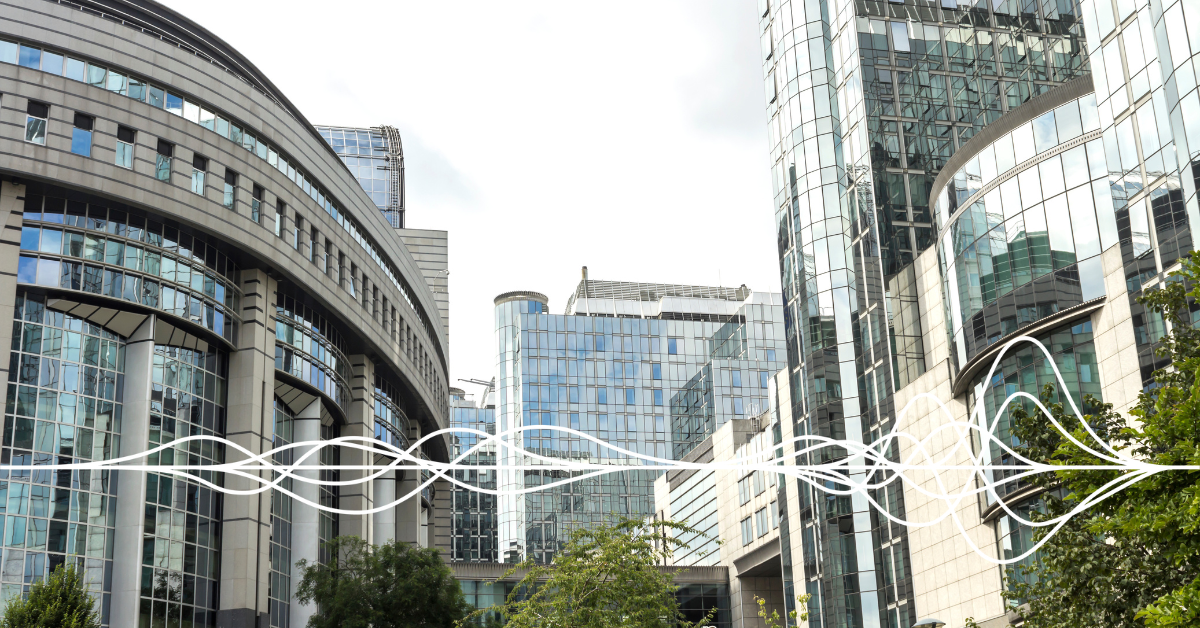
How to get compliant with the Italian Whistleblowing Law
A fresh corruption scandal has cast a shadow over the European Parliament, this time involving Chinese tech giant Huawei. Belgian federal prosecutors are investigating whether Huawei engaged in illicit activities to sway EU decision-making, with particular scrutiny on payments allegedly linked to a 2021 letter signed by eight Members of the European Parliament (MEPs). Although the letter did not directly name Huawei, it supported a narrative favourable to Chinese 5G firms amid an intense debate over digital infrastructure security in Europe.
According to Reuters and The Guardian, authorities suspect that these MEPs may have received undisclosed payments to advance Huawei’s interests. Allegations include €15,000 being offered to the author of the letter and €1,500 to each co-signatory. Belgian officials believe the payments may have been disguised as legitimate lobbying, crossing into criminal corruption.
The criminal probe has led to raids across multiple EU countries, including Belgium, France, Italy, and Portugal. As of March 2025, five individuals have been charged: four for active corruption and participation in a criminal organisation, and one for money laundering. Among those detained are current and former parliamentary aides, further stoking concerns about vulnerabilities in the EU’s political apparatus.
This latest case mirrors the infamous “Qatargate” scandal of 2022, which implicated EU lawmakers in bribery schemes involving Qatar and Morocco. Then, as now, the investigations prompted renewed calls for tighter safeguards against foreign interference and financial misconduct within EU institutions.
In the immediate aftermath of the revelations, the European Parliament suspended access privileges for Huawei lobbyists, underscoring an official stance of zero tolerance. However, critics argue that symbolic actions are not enough. Transparency International and several MEPs have voiced concerns that the Parliament has failed to implement meaningful reforms following earlier corruption episodes.
Speaking to AP News, Green MEPs and civil society groups have pointed out that existing lobbying regulations are inadequate and poorly enforced. Anna-Maja Henriksson, a Finnish politician with the Swedish People’s Party, called for “a structural overhaul to reinforce transparency, independent oversight, and whistleblower protections.”
Huawei, meanwhile, has denied all allegations, stating in a public release that it “operates with strict compliance to all applicable laws” and maintains a “zero-tolerance policy towards corruption.”
An added layer of controversy surrounds the European Anti-Fraud Office (OLAF), which reportedly received a tip-off as early as 2022. Transparency International submitted suspicions regarding the 2021 pro-Huawei letter, but OLAF declined to investigate at the time, citing insufficient evidence.
OLAF’s Director-General Ville Itälä explained to Yle and other outlets that the agency receives thousands of tips each year and must prioritise based on concrete proof. However, he acknowledged that the new revelations might warrant a reassessment of investigative thresholds and coordination between agencies.
This situation raises broader questions about the efficacy of existing EU anti-corruption mechanisms. Despite a mandate to monitor fraud and mismanagement, OLAF lacks the power to search MEP offices due to parliamentary immunity, making it difficult to pursue cases involving sitting lawmakers.
A second major case of corruption within the EU leadership in just two years is intensifying concerns over persistent systemic flaws. Many observers view these scandals not as isolated incidents but as symptoms of deeper governance issues within EU institutions.
The Guardian notes that parliamentary immunity, while crucial for protecting democratic processes, can shield misconduct if not carefully regulated. Investigative journalists and watchdogs argue for more robust transparency requirements and limits on foreign lobbying to prevent undue influence.
Political analysts suggest that the Huawei case is part of a broader pattern of geopolitical competition playing out within European policymaking. As global technology firms—both Western and non-Western—vie for influence, European institutions must balance openness with resilience against foreign manipulation.
To restore public trust and protect democratic integrity, the European Parliament must go beyond reactive measures. Advocates are urging the adoption of stricter conflict-of-interest rules, greater scrutiny of lobbying activities, and protections for whistleblowers who expose corruption.
With high-profile prosecutions now underway, the EU has an opportunity to show that it can confront corruption with transparency and accountability. Whether it seizes that moment remains to be seen.
As the Huawei case unfolds, it will likely serve as a benchmark for how the EU manages the ever-growing challenge of foreign influence in its democratic institutions. In an age of strategic competition, the integrity of Europe’s political processes must remain beyond reproach. Strengthening secure, confidential whistleblowing channels within EU institutions is also paramount—not only to expose wrongdoing when it occurs, but to deter it from happening in the first place.
Want to learn more about Whistlelink?
Book a free meeting to discover how our secure, all-in-one whistleblowing system can help your organisation stay compliant with whistleblower protection laws. We’ll walk you through the key features and answer any questions you may have.
Pokud máte nějaké komentáře k tomuto článku nebo se chcete dozvědět více o systému Whistlelink, rádi si vyslechneme váš názor.
Společnost Whistlelink si váží vašeho soukromí. Budeme vás kontaktovat pouze ohledně našich řešení.Z odběru se můžete kdykoli odhlásit. Další informace naleznete v našich Zásadách ochrany osobních údajů.


Nice to meet you!

VI TRÄFFAR DIG GÄRNA

Piacere di conoscervi

Z PRZYJEMNOŚCIĄ SPOTKAMY SIĘ Z TOBĄ


NE BUCURĂM DE CUNOȘTINȚĂ

ENCATADOS DE CONOCERTE

WIR FREUEN UNS AUF SIE!

ENCHANTÉ DE VOUS CONNAÎTRE !

TĚŠÍ NÁS, ŽE VÁS POTKÁVÁME
Vaše soukromí je pro nás důležité. Budeme vás kontaktovat pouze v případě, že se to týká našich řešení.
Předplatné můžete kdykoli zrušit. Další informace naleznete v našich Zásadách ochrany osobních údajů.

HAPPY TO MEET YOU!
Whistlelink values your privacy. We will only contact you about our solutions.
You may unsubscribe at any time. For more info, please review our Privacy Policy
